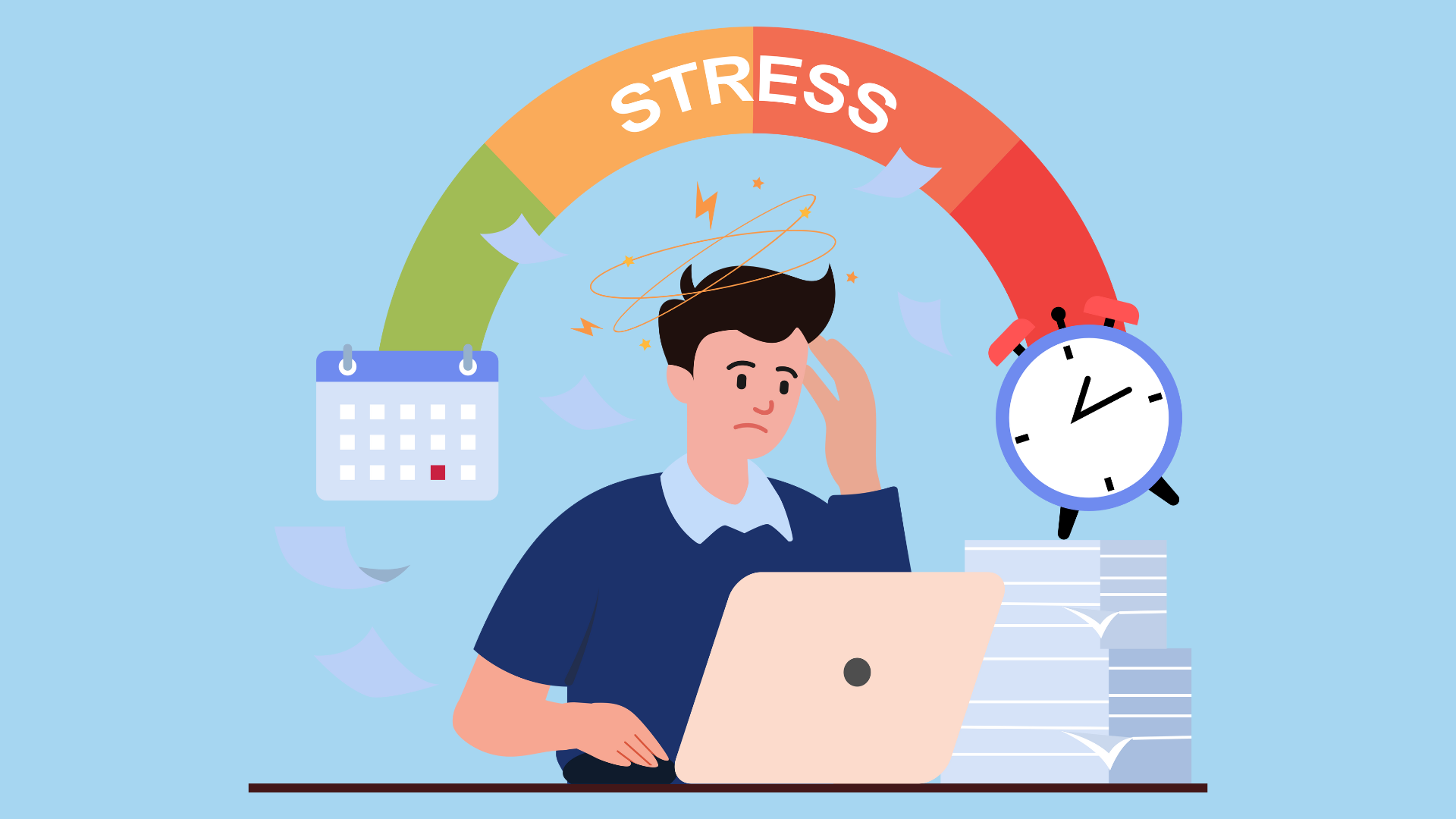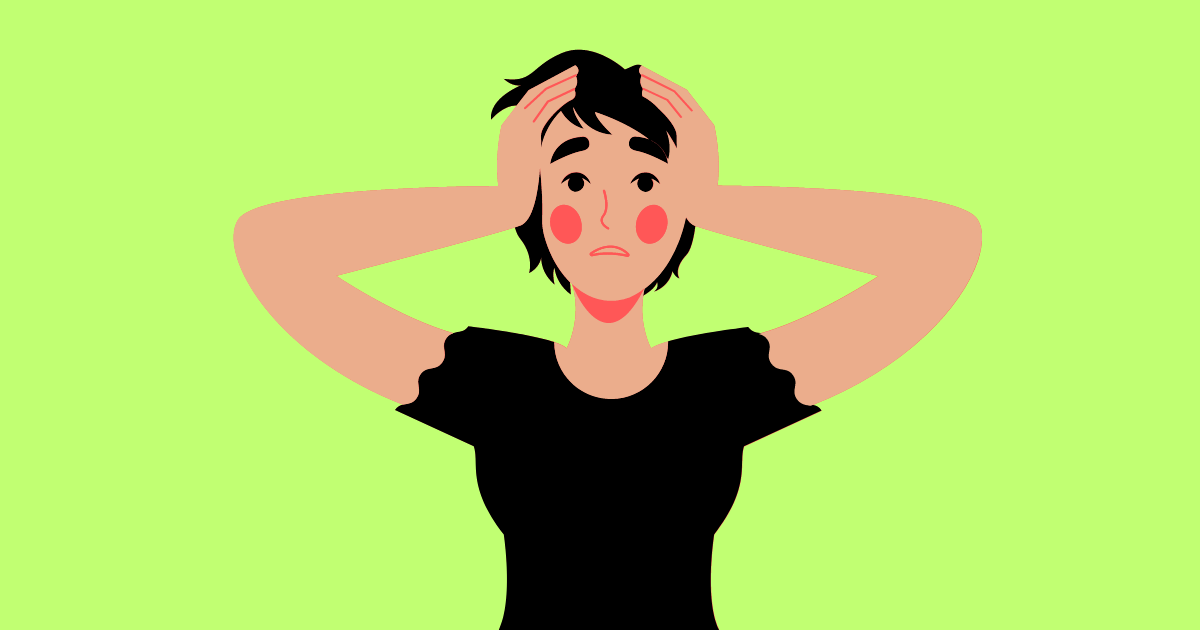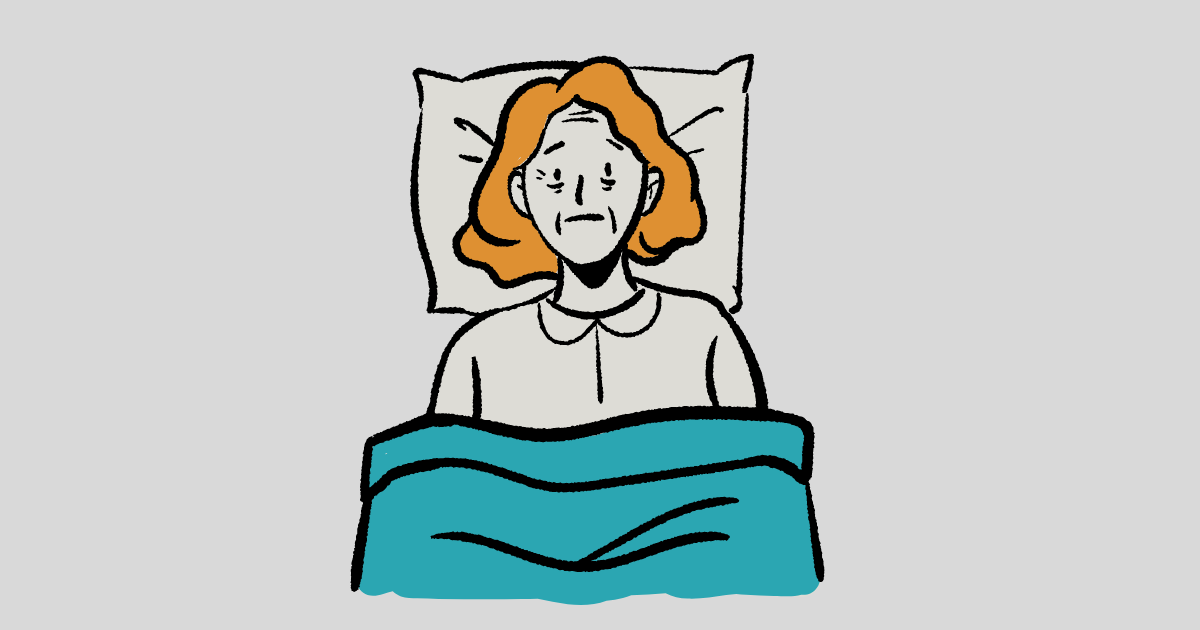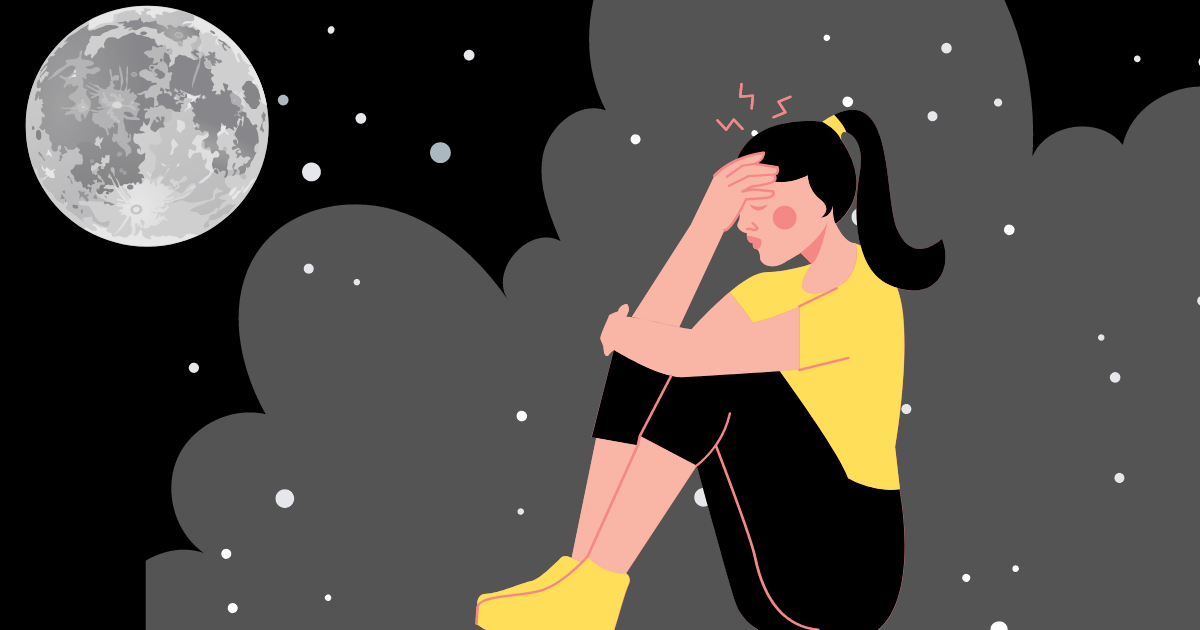In today’s fast-paced world, men often find themselves dealing with significant stress from work, relationships, and daily responsibilities. Finding effective stress-reducing techniques for men is crucial for maintaining good mental health and overall well-being. This blog post will explore the top 10 stress-reducing techniques for men, designed to help you manage stress and enhance your mental health.
These practical tips are tailored to fit seamlessly into your busy lifestyle and provide effective solutions for reducing stress. From engaging in regular exercise and practicing mindfulness to maintaining a balanced diet and strengthening social connections, these stress-reducing techniques for men offer simple yet impactful strategies. Incorporating these methods into your routine can help you regain control, improve your mood, and achieve a more balanced and fulfilling life.
Remember, managing stress doesn’t have to be overwhelming. By making small, consistent changes, you can see significant improvements in your overall well-being. Let’s dive into these top stress-reducing techniques for men and start your journey towards a healthier, happier you!
Stress is a universal experience that can impact anyone, regardless of age, gender, or background. For men, stress can be particularly challenging due to societal expectations and pressures. Understanding stress and adopting effective stress-reducing techniques for men can help you lead a more balanced and fulfilling life.
Table of Contents
What is Stress?
Stress is the body’s reaction to any change or challenge that requires adaptation. It can be triggered by external factors like work pressures, relationship issues, or financial concerns, as well as internal factors such as negative thinking or high self-expectations. Stress activates the body’s “fight or flight” response, releasing hormones like adrenaline and cortisol, which prepare you to deal with immediate threats.
The Impact of Stress on Health
While short-term stress can be beneficial, enhancing alertness and performance, chronic stress can lead to a range of health issues, including:
- Mental Health Problems: Chronic stress is linked to anxiety, depression, and mood swings.
- Physical Health Issues: Long-term stress can contribute to high blood pressure, heart disease, and weakened immune function.
- Behavioral Changes: Stress may lead to unhealthy coping mechanisms such as overeating, smoking, or substance abuse.
By incorporating stress-reducing techniques for men, you can effectively manage stress and improve both your mental and physical well-being.
Top 10 Stress-Reducing Techniques for Men to Boost Your Mental Health
1. Exercise Regularly
Engaging in regular physical activity is one of the most effective stress-reducing techniques for men. Here’s why:
- Endorphin Release: Exercise stimulates the release of endorphins, natural chemicals in the brain that act as mood lifters. This “feel-good” effect helps to reduce stress and create a sense of well-being.
- Neurotransmitter Production: Physical activity boosts the production of neurotransmitters such as serotonin and dopamine, which play a role in mood regulation and stress management.
- Improved Sleep: Regular exercise helps to regulate sleep patterns, which can be disrupted by stress. Better sleep enhances overall mental health and resilience to stress.
- Enhanced Cognitive Function: Physical activity improves brain function, including memory and concentration, which can help manage stress more effectively.
- Increased Self-Esteem: Achieving fitness goals and seeing physical improvements can boost self-confidence and reduce stress-related feelings of inadequacy.
- Consistent Routine: Aim for at least 30 minutes of moderate exercise most days of the week. Activities like brisk walking, running, cycling, or strength training are beneficial. Consistency is key to reaping the long-term stress-relief benefits.
- Enjoyable Activities: Choose activities you enjoy to ensure you stay motivated. Whether it’s a sport, a workout routine, or a casual walk, finding something you love will make it easier to stick with regular exercise.
Incorporating these points into your routine can significantly reduce stress levels and enhance overall mental health.
Tips for Regular Exercise
- Start Small: Begin with low-intensity activities and gradually increase your workout intensity.
- Mix It Up: Incorporate a variety of exercises like cardio, strength training, and yoga.
- Set Realistic Goals: Establish achievable fitness targets and celebrate progress.
- Find Enjoyable Activities: Choose exercises you enjoy to stay motivated.
- Schedule Workouts: Plan your exercise sessions like appointments to ensure consistency.
- Get a Workout Buddy: Partnering with a friend can boost motivation and accountability.
- Listen to Your Body: Modify workouts if you experience discomfort and consult a professional if needed.
- Stay Hydrated and Eat Well: Drink plenty of water and maintain a balanced diet for optimal performance.
- Integrate Movement: Include activities like walking or biking in your daily routine.
- Track Progress: Keep a workout log to monitor improvements and stay motivated.
2. Practice Mindfulness Meditation for Stress-Reducing Techniques
Mindfulness meditation is a powerful tool for reducing stress and enhancing mental health. Here’s how it can help:
- Focus on the Present: Mindfulness meditation encourages you to concentrate on the present moment, helping to break the cycle of negative thinking and rumination that often contributes to stress.
- Reduce Anxiety: By promoting relaxation and self-awareness, mindfulness meditation can decrease symptoms of anxiety and improve emotional regulation.
- Lower Stress Hormones: Regular practice of mindfulness meditation has been shown to reduce levels of cortisol, the hormone associated with stress, leading to a more relaxed state.
- Enhance Emotional Resilience: Mindfulness helps develop a more balanced perspective on stressors, increasing your ability to cope with challenging situations more effectively.
- Improve Concentration: Meditation practices can enhance focus and cognitive flexibility, allowing you to handle tasks more efficiently and reduce feelings of being overwhelmed.
- Incorporate Daily Practice: Aim for 10-15 minutes of mindfulness meditation each day. Techniques include deep breathing exercises, body scans, and guided meditations. Consistency is key to experiencing the full benefits.
- Create a Calm Environment: Find a quiet and comfortable space to meditate. Use apps or online resources to guide you through meditation sessions if needed.
By integrating mindfulness meditation into your routine, you can significantly alleviate stress and boost your overall mental well-being.
Tips for Practicing Mindfulness Meditation for Stress-Reducing Techniques
- Create a Comfortable Space: Choose a quiet, comfortable place to meditate without distractions.
- Start with Guided Sessions: Use guided meditations to learn the basics and maintain focus.
- Be Gentle with Yourself: Gently bring your focus back if your mind wanders, and practice self-compassion.
3. Establish a Healthy Sleep Routine
Adequate sleep is crucial for stress management and overall mental health. Here’s how to improve your sleep routine:
- Regular Sleep Schedule: Set a consistent bedtime and wake-up time, even on weekends. This helps regulate your body’s internal clock and improves sleep quality.
- Create a Relaxing Bedtime Routine: Develop calming pre-sleep rituals, such as reading, taking a warm bath, or practicing gentle stretches, to signal your body that it’s time to wind down.
- Optimize Sleep Environment: Ensure your bedroom is conducive to sleep by keeping it cool, dark, and quiet. Invest in a comfortable mattress and pillows to support restful sleep.
- Limit Screen Time: Avoid screens at least an hour before bed. The blue light emitted by phones, tablets, and computers can interfere with your body’s production of melatonin, a hormone that regulates sleep.
- Manage Caffeine and Alcohol Intake: Reduce consumption of caffeine and alcohol, especially in the evening, as they can disrupt sleep patterns and lead to poor sleep quality.
- Regular Exercise: Engage in physical activity during the day to promote better sleep, but avoid vigorous exercise close to bedtime, as it may interfere with your ability to fall asleep.
- Seek Professional Help: If you experience persistent sleep issues, consult a healthcare professional for guidance and potential treatment options.
Establishing a healthy sleep routine is essential for reducing stress and maintaining good mental health.
Tips for a Healthy Sleep Routine
- Stick to a Consistent Sleep Schedule: Go to bed and wake up at the same time every day, even on weekends, to regulate your body’s internal clock.
- Create a Relaxing Bedtime Routine: Engage in calming activities before bed, such as reading, gentle stretching, or taking a warm bath, to signal your body that it’s time to wind down.
- Optimize Your Sleep Environment: Ensure your bedroom is quiet, dark, and cool, and invest in a comfortable mattress and pillows to create an ideal sleep environment.
4. Seek Professional Help for Stress-Reducing Techniques
Sometimes stress can become overwhelming, and seeking professional help can be a crucial step towards recovery. Here’s why and how to do it:
- Expert Guidance: Mental health professionals, such as therapists and counselors, provide expert guidance and support tailored to your specific needs and stressors.
- Develop Coping Strategies: Professional therapy helps in developing effective coping strategies and skills to manage stress, anxiety, and other emotional challenges.
- Safe Space for Expression: Therapy offers a confidential and non-judgmental space where you can openly discuss your feelings and experiences, which can be therapeutic in itself.
- Personalized Treatment Plans: Mental health professionals can create personalized treatment plans that may include cognitive-behavioral therapy (CBT), mindfulness techniques, or other evidence-based approaches.
- Medication Management: If necessary, a psychiatrist or healthcare provider can prescribe medication to help manage symptoms of severe stress or related mental health conditions.
- Access to Resources: Professionals can connect you with additional resources and support networks, such as support groups or community services, that can further assist in stress management.
- Don’t Hesitate to Reach Out: If you feel that stress is impacting your daily life and well-being, seek help from a mental health professional. Taking this step can significantly improve your quality of life.
Seeking professional help is an important stress-reducing technique that provides valuable support and resources for managing mental health challenges.
5. Maintain a Balanced Diet for Stress-Reducing Techniques
Nutrition plays a crucial role in managing stress and maintaining mental health. Here’s how a balanced diet can help:
- Mood Regulation: A diet rich in fruits, vegetables, whole grains, and lean proteins provides essential nutrients that support brain function and mood regulation, reducing stress and improving overall well-being.
- Stable Energy Levels: Consuming balanced meals helps maintain stable blood sugar levels, preventing energy crashes that can contribute to irritability and stress.
- Reduce Processed Foods: Limit intake of processed foods and high-sugar snacks, which can lead to energy spikes and crashes, exacerbating stress levels and affecting mental clarity.
- Hydration: Staying hydrated is crucial for cognitive function and mood stability. Aim to drink plenty of water throughout the day to support overall health and stress management.
- Healthy Fats: Incorporate sources of healthy fats, such as avocados, nuts, and olive oil, which are beneficial for brain health and can help reduce symptoms of anxiety and depression.
- Moderate Caffeine and Alcohol: Excessive caffeine and alcohol can disrupt sleep and increase anxiety. Moderation is key to maintaining a balanced diet and managing stress effectively.
- Plan and Prepare Meals: Planning and preparing nutritious meals in advance can help you make healthier choices and avoid relying on convenience foods that may not support your mental health.
Maintaining a balanced diet is a fundamental stress-reducing technique that supports mental health and enhances overall well-being.
Tips for a Healthy Diet
- Balance Your Plate: Include a variety of foods: fruits, vegetables, lean proteins, and whole grains.
- Stay Hydrated: Drink plenty of water throughout the day.
- Control Portions: Be mindful of portion sizes to avoid overeating.
- Limit Processed Foods: Reduce intake of high-sugar, high-fat, and heavily processed foods.
- Eat Regularly: Maintain regular meal times to keep your metabolism steady.
- Include Fiber: Eat foods high in fiber, like fruits, vegetables, and whole grains, to aid digestion.
- Choose Healthy Fats: Opt for unsaturated fats from sources like avocados, nuts, and olive oil.
- Moderate Salt and Sugar: Limit added salt and sugar to reduce the risk of health issues.
- Plan Meals: Plan and prepare your meals ahead of time to ensure healthy choices.
- Listen to Your Body: Pay attention to hunger and fullness cues to guide your eating habits.

6. Set Realistic Goals for Stress-Reducing Techniques
Setting achievable goals can significantly reduce stress and enhance mental health. Here’s how to set and manage goals effectively:
- Break Down Goals: Divide larger goals into smaller, manageable tasks. This approach makes the goals less overwhelming and allows for a step-by-step progress assessment.
- Prioritize Tasks: Focus on high-priority tasks first. Prioritizing helps you manage your time and energy more effectively, reducing feelings of stress associated with having too many tasks at once.
- Celebrate Small Achievements: Recognize and celebrate small milestones and achievements along the way. This helps build confidence and motivation, making it easier to tackle larger goals.
- Set SMART Goals: Use the SMART criteria—Specific, Measurable, Achievable, Relevant, and Time-bound—to set clear and realistic goals. This approach ensures that your goals are well-defined and attainable.
- Adjust Goals as Needed: Be flexible and willing to adjust your goals if circumstances change. This adaptability helps prevent frustration and stress when facing unexpected challenges.
- Avoid Perfectionism: Aim for progress rather than perfection. Setting overly ambitious or unattainable goals can lead to disappointment and increased stress.
- Seek Support: Share your goals with friends or colleagues who can offer support and accountability. Having a support system can help you stay on track and manage stress more effectively.
Setting and achieving realistic goals is a practical stress-reducing technique that enhances your sense of accomplishment and overall mental health.
7. Engage in Hobbies and Interests for Stress-Reducing Techniques
Participating in hobbies and interests is an effective way to manage stress and improve mental health. Here’s why and how to incorporate them into your routine:
- Stress Relief: Engaging in activities you enjoy helps shift your focus away from stressors and provides a sense of relaxation and fulfillment.
- Boost Creativity: Hobbies often involve creative expression, which can enhance problem-solving skills and provide a productive outlet for stress.
- Improve Mood: Pursuing interests and hobbies can elevate your mood and provide a sense of accomplishment, which counteracts feelings of stress and anxiety.
- Social Interaction: Many hobbies involve social interaction, whether through clubs, classes, or online communities. Building connections with others who share your interests can provide support and reduce stress.
- Increase Life Satisfaction: Dedicating time to activities that bring joy and satisfaction can improve your overall quality of life and contribute to better mental health.
- Make Time for Fun: Schedule regular time for your hobbies and interests, ensuring that they are a consistent part of your routine. This helps balance your responsibilities with enjoyable activities.
- Explore New Interests: Don’t be afraid to try new hobbies or interests. Exploring different activities can provide new sources of enjoyment and stress relief.
Engaging in hobbies and interests is a valuable stress-reducing technique that enhances your well-being and provides a healthy balance in life.
8. Build a Support Network for Stress-Reducing Techniques
A strong support network is essential for managing stress and maintaining mental health. Here’s how to build and leverage your support system effectively:
- Connect with Loved Ones: Maintain close relationships with family and friends who provide emotional support and understanding. Sharing your experiences and concerns with them can alleviate stress.
- Join Support Groups: Participate in support groups or communities related to your interests or stressors. These groups can offer additional support, advice, and a sense of belonging.
- Seek Mentorship: Find a mentor or advisor who can offer guidance and support in areas where you feel challenged. A mentor can provide valuable perspective and encouragement.
- Communicate Openly: Foster open and honest communication with those in your support network. Being clear about your needs and concerns helps build stronger, more supportive relationships.
- Offer Support to Others: Building a support network involves both giving and receiving support. Helping others can strengthen your relationships and provide a sense of purpose.
- Maintain Regular Contact: Stay in touch with your support network regularly, even if it’s just a quick check-in. Consistent contact helps maintain strong connections and ensures you have support when needed.
- Seek Professional Help: In addition to personal support networks, consider professional counseling or therapy if needed. Professionals can offer specialized support and resources for managing stress.
Building and maintaining a strong support network is a critical stress-reducing technique that enhances your mental health and provides valuable assistance in times of need.
9. Practice Time Management for Stress-Reducing Techniques
Effective time management is key to reducing stress and improving productivity. Here’s how to manage your time effectively:
- Create a Schedule: Use a planner or digital calendar to organize your daily tasks and responsibilities. Having a clear schedule helps you prioritize tasks and manage your time efficiently.
- Set Priorities: Identify and focus on high-priority tasks that align with your goals and deadlines. Prioritizing helps ensure that important tasks are completed on time and reduces stress from last-minute rushes.
- Break Tasks into Steps: Divide larger tasks into smaller, manageable steps. This approach makes tasks less overwhelming and allows you to track progress more effectively.
- Use Time Blocks: Allocate specific blocks of time for focused work on individual tasks. Time blocking helps maintain concentration and prevents multitasking, which can reduce stress and improve efficiency.
- Avoid Procrastination: Address tasks promptly rather than delaying them. Procrastination can lead to increased stress and a sense of being overwhelmed by accumulating responsibilities.
- Delegate When Possible: Delegate tasks to others if feasible. Sharing responsibilities can help reduce your workload and stress levels.
- Incorporate Breaks: Schedule regular breaks throughout your day to rest and recharge. Short breaks can improve focus and productivity, reducing overall stress.
Effective time management helps reduce stress by allowing you to stay organized, meet deadlines, and maintain a balanced workload.
Tips for Time Management
- Set Priorities: Identify and focus on the most important tasks first.
- Create a Schedule: Plan your day or week with a clear, organized schedule.
- Use Time Blocks: Allocate specific time periods for focused work on individual tasks.
- Avoid Procrastination: Tackle tasks promptly to avoid last-minute stress.
- Break Tasks into Steps: Divide larger tasks into smaller, manageable parts.
- Delegate When Possible: Share responsibilities to lighten your workload.
- Incorporate Breaks: Take regular breaks to refresh and maintain productivity.
- Limit Distractions: Minimize interruptions and stay focused on the task at hand.
- Use Productivity Tools: Utilize apps or tools for task management and reminders.
- Reflect and Adjust: Regularly review your time management strategies and make adjustments as needed.
10. Engage in Relaxation Techniques for Stress-Reducing Techniques
Incorporating relaxation techniques into your routine can significantly reduce stress and enhance mental health. Here’s how to practice relaxation techniques effectively:
- Deep Breathing Exercises: Practice deep breathing techniques to calm your nervous system. Inhale slowly through your nose, hold for a few seconds and exhale slowly through your mouth. Deep breathing helps lower heart rate and reduce stress.
- Progressive Muscle Relaxation: This technique involves tensing and then slowly relaxing different muscle groups in your body. It helps identify and release physical tension associated with stress.
- Yoga and Stretching: Engage in yoga or stretching exercises to promote relaxation and flexibility. These practices combine physical movement with mindfulness, reducing stress and enhancing overall well-being.
- Visualization: Use guided imagery or visualization techniques to imagine yourself in a peaceful and relaxing environment. Visualization helps shift focus away from stressors and induces a state of calm.
- Listening to Music: Listen to calming or uplifting music to improve mood and relaxation. Music has been shown to have a soothing effect on the mind and body.
- Mindful Activities: Incorporate mindful activities, such as gentle stretching, walking, or journaling, into your daily routine. These activities promote relaxation and mindfulness.
- Regular Practice: Consistency is key to experiencing the benefits of relaxation techniques. Incorporate these practices into your daily routine to effectively manage stress and enhance mental health.
Engaging in relaxation techniques is a valuable stress-reducing approach that helps promote calmness and improves overall well-being.
Conclusion
Managing stress is vital for a healthier, happier life, especially for men who often juggle various responsibilities and expectations. By embracing stress-reducing techniques for men, you can significantly improve your well-being and overall quality of life. The strategies we’ve explored—like regular exercise, mindfulness, and strong social connections—are practical ways to help you handle stress more effectively.
Remember, you don’t need to make huge changes all at once. Start small and gradually incorporate these techniques into your routine. Even little steps can make a big difference over time. The goal is to find what works best for you and stick with it.
Taking care of your mental health is just as important as taking care of your physical health. By using these stress-reducing techniques for men, you’re investing in a more balanced and fulfilling life. So, take a deep breath, start implementing these strategies, and watch as you gain control over stress and enhance your overall happiness. You’ve got this—here’s to a calmer, more joyful you!
Frequently Asked Questions:
How to relieve stress quickly for men?
To relieve stress quickly, men can use several effective stress-reducing techniques for men. Engaging in a short, brisk walk, practicing deep breathing exercises, or doing a quick mindfulness meditation can provide immediate relief. Additionally, physical activities like stretching or a few minutes of exercise can help reduce stress levels rapidly.
How can I help my man reduce stress?
Supporting a man in reducing stress involves encouraging him to adopt effective stress-reducing techniques for men. You can suggest activities such as regular exercise, mindfulness practices, or healthy eating. Offering emotional support, actively listening, and helping him find time for relaxation and hobbies can also make a significant difference.
How to manage stress in a man?
Managing stress in men can be achieved by implementing proven stress-reducing techniques for men. Strategies include maintaining a balanced diet, engaging in regular physical activity, practicing mindfulness, and developing strong social connections. Additionally, managing time effectively and seeking professional help if needed are crucial for comprehensive stress management.
What are the 5 A’s of stress management?
The 5 A’s of stress management are essential stress-reducing techniques for men and include:
Avoid: Eliminate or avoid unnecessary stressors where possible.
Alter: Change the situation or your response to it to reduce stress.
Accept: Accept things you cannot change and focus on what you can control.
Adapt: Adjust your expectations and perspective to better handle stress.
Appreciate: Cultivate gratitude and recognize the positive aspects of your life.
These techniques can help men effectively manage stress and improve overall well-being.
Discover more from Positive Treasure
Subscribe to get the latest posts sent to your email.




